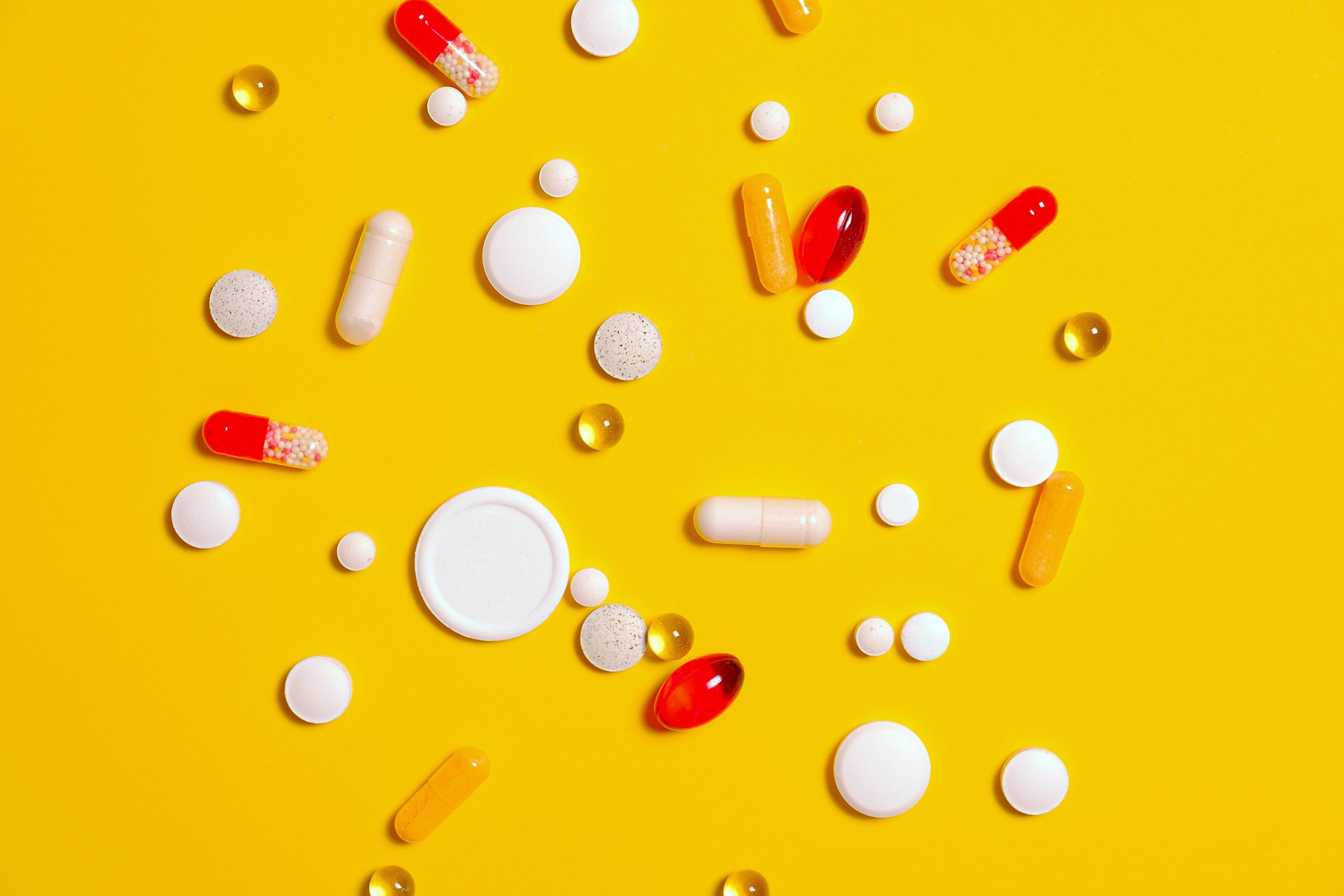- Immaculately Clean Facility
- Fully stocked changing rooms and showers
- FREE Body Scan
- FREE towel service
- Nutrition Coaching & Accountabiliy
- Expert coaches
If you’ve decided to follow a vegan diet, you’re like many people in Sacramento, CA. It takes both dedication and planning. If you don’t plan carefully, vitamins and other nutrients could be missing from your diet. Vegans use no animal products, so they have to find plant sources for protein. It’s one of the reasons planning is so important. Getting all the necessary vitamins is another problem requiring some navigation.
While the sun can provide vitamin D, many vegans still have a deficit.
You don’t have to be vegan to have a vitamin D deficiency. It’s harder to get adequate sun in Sacramento in the winter than in the southern part of the state. Safe sunning can provide vitamin D in the summer, but it’s different in winter. People must turn to food. Most sources of vitamin D have animal origins, so consuming fortified foods or shitake mushrooms is mandatory. Vitamin D activates calcium for strong bones and teeth. It improves the immune response and can help keep you healthy.
One of the biggest problems faced by vegans is consuming adequate vitamin B12=cobalamin.
Animal products provide vitamin B12. It’s necessary for nerve, muscle, and heart health. It’s vital for metabolism as well. Many vegans have a B12 insufficiency. It’s not found in traditional vegan food sources. Algae, like humans, also need B12 and they get it from their environment. Not all types of algae offer that benefit. Chlorella is one type of algae that is the best source of this nutrient. While other types of algae, such as spirulina, contain a form of B12, it’s a pseudo-cobalamin that humans can’t use.
Other nutrients often missing from vegan diets include collagen.
Collagen is necessary for nails, ligaments, hair, and skin. It comes from animal products. A vegan source is now being created in the lab. It starts with genetically modified bacteria and yeast. Scientists then insert four human genes into the microbe’s genetic structure. That causes them to produce the basic building blocks of human collagen. A digestive enzyme, pepsin, is added to create collagen molecules that mimic human collagen. Taking vegan amino acid supplements or consuming food high in the building blocks of collagen, glycine, lysine, and proline, such as beans, seeds, and nuts, also help boost collagen.
- Eat chia seeds, walnuts, and flaxseed to increase omega-3 fatty acids. Most of the population, not just vegans, have a diet too high in omega-6 and too low in omega-3.
- When planning a vegan diet, ensure it includes adequate levels of zinc, selenium, iodine, and iron. Iodized salt can bring iodine levels to normal. Eating nuts, peas, spinach, and beans helps provide iron.
- Calcium is easy to access when dairy is part of the diet. It’s more difficult for vegans. The calcium in many vegan calcium sources is less bioavailable. Only ¼ the calcium in spinach is available for absorption because of the oxalate that binds to the calcium.
- Vitamin B2 is necessary for changing food to energy. If you’re a vegan, you can get it from spinach, nuts, and mushrooms, but it’s easier to get from animal sources.
For more information, contact us today at Team-ISC



